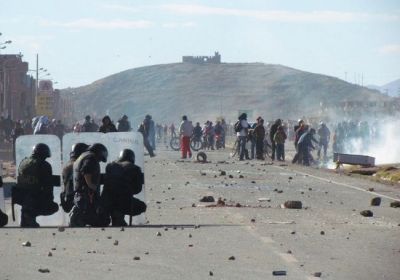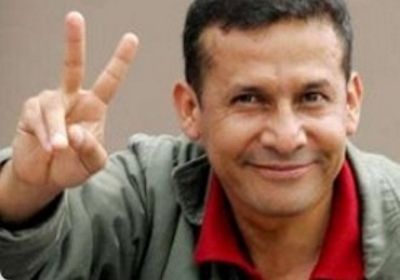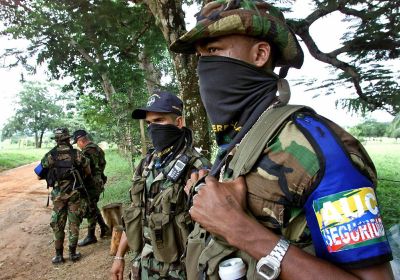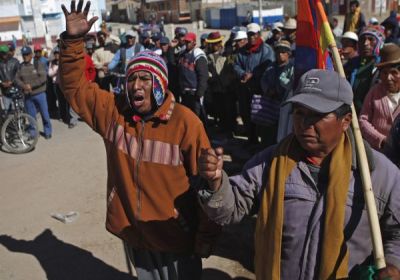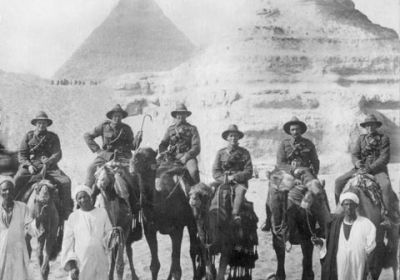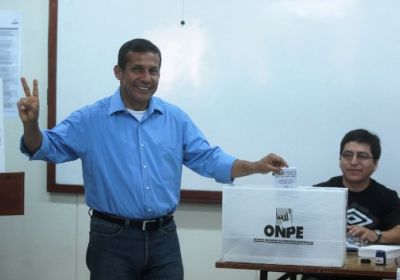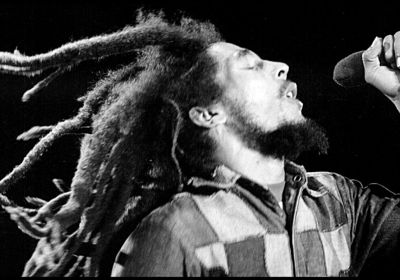
The Bob Marley songbook is bursting with eloquent social protest, exposing the poverty, oppression and injustice endured by inhabitants of the “developing” world. “Burning and Looting”, for example: “This morning I woke up in a curfew. O my God I was a prisoner too … Could not recognise the faces standing over me, they were all dressed in uniforms of brutality.”

